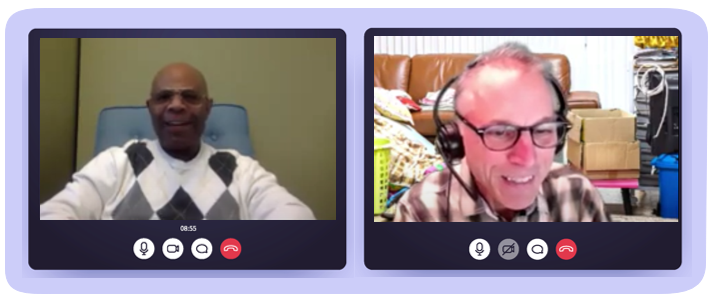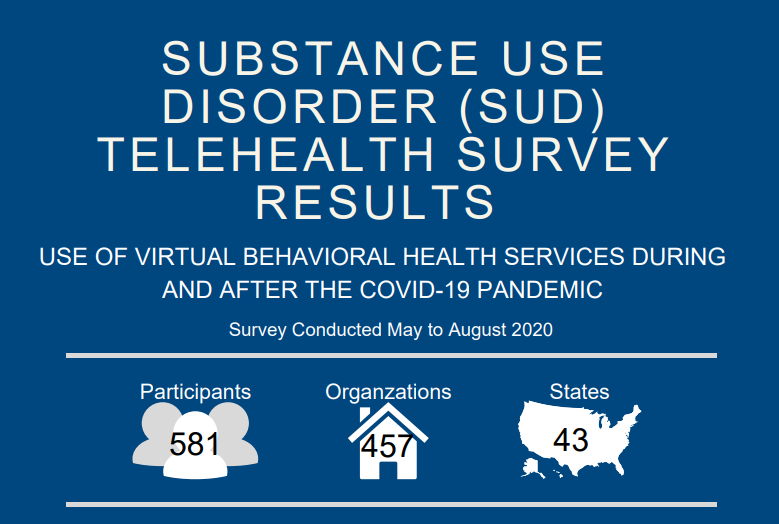We're collecting resources on this page related to telehealth and telemental health.
This toolkit was developed by the ADAI Center for Advancing Addiction Health Services for the Idaho Department of Health and Welfare to help libraries and other community-based settings design and implement private spaces for telehealth access for substance use disorders and behavioral health care that are confidential and responsive to a variety of people. Though the toolkit focuses on libraries, it can be used by any organization that wants to provide dedicated spaces for telehealth.
The toolkit features sections on the history and role of telehealth and third spaces, trauma-informed spaces, strategies for reducing stigma for substance use disorders and mental health, how to evaluate your telehealth space and program, confidentiality law and privacy protection, how to create your customized space, resources and more!
Find the toolkit here! | Watch the webinar about this toolkit

For addiction workforce members considering the integration of new therapeutic methods into their daily practice, clinical demonstrations provide models for one’s own future behavior. With the continuing transition to use of telehealth, demonstrations specific to how useful treatment and recovery practices can be delivered via telehealth modality may be similarly useful to those in the addiction workforce who are navigating this terrain.
The Northwest ATTC has developed three sets of video demonstrations and accompanying resources, focused on telehealth delivery of Evidence-Based Practices (EBPs), Medications for Opioid Use Disorder (MOUD), and Clinical Supervision Skills to serve as a useful support to your efforts to adopt new practices and apply them in telehealth contexts.
Find all the video demonstrations here!
Sara Smucker Barnwell, PhD, Clinical Psychologist
Presented on April 29, 2020 (1 hour)
Watch the recording | Download the slides
Sara Smucker Barnwell, PhD, Clinical Psychologist
Recommended resources from this series:
This new online curriculum from the Northwest ATTC describes a low-threshold, Caring Contacts intervention designed to help providers reduce client self-harm, increase feelings of self-efficacy, and fill treatment gaps due to health disparities or other challenges.
A Caring Contact is a personalized written form of practitioner outreach to individual clients that expresses care and concern for their wellbeing. This simple, customizable intervention can be implemented at a distance during times of stress and isolation, making it a particularly useful addition to telehealth practices.
Find out more and download the curriculum here!

Several ATTCs joined together to conduct the COVID-19 Substance Use Disorder (SUD) Telehealth Response and Sustainability Assessment, a survey and research study focused on the use of virtual behavioral health services during the pandemic. The survey examined the use of telehealth services across participating agencies, identified benefits and drawbacks of using telehealth services within these agencies, and determined projected engagement in telehealth services post-pandemic.
The results of this survey are now available! Find out if our results reflect your experience!
The Northwest ATTC is developing a series of tip sheets to help facilitate virtual group sessions. These will be rolling out over the first several months of 2021 and will be added here as they are made available.
Tip Sheet #1: Engaging Clients in Virtual Groups
Tip Sheet #2: Ethics and Confidentiality in Virtual Groups
Tip Sheet #3: Making Technology Work for You